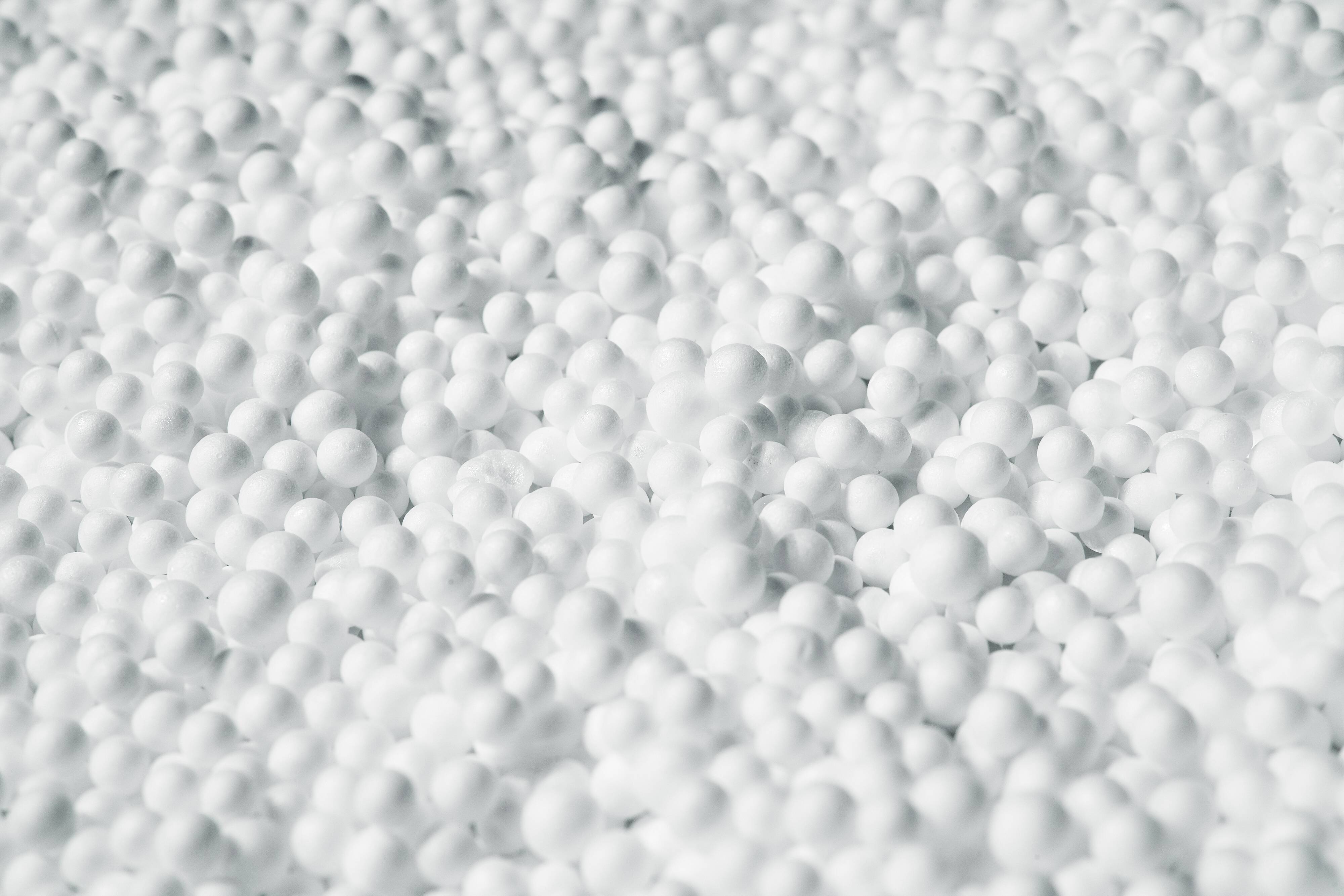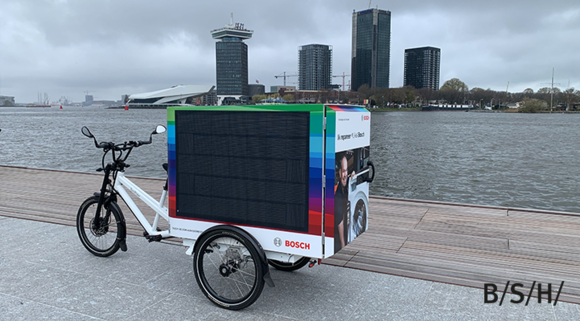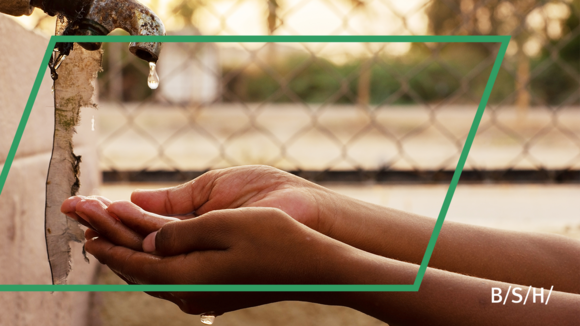BSH & BASF: Joint forces for sustainable packaging
At BSH, we believe that some traces are best not left behind. That’s why we are resolutely pursuing the minimization of our environmental footprint. A current project with BASF illustrates how this is achieved with sustainable and future-proof packaging from recycled material.
“Our goal is to improve the quality of life. This also includes conserving natural resources and helping to reduce waste and pollution.”
Everyone is familiar with this: After buying a desired product, it's time to unpack it – with a lot of packaging in the way. Especially for electronic appliances, this means removing and disposing of the packaging necessary for safe transport. Often, this packaging material is EPS (Expanded Polystyrene), also known as Styropor®. Due to its unique property mix, EPS offers high compressive strengths with high shock absorption properties at exceptionally low weight. There are currently no other materials with the same properties to protect heavy electronic goods.
The downside, however, is that this packaging is only used once and immediately becomes waste when consumers dispose of it. What a relief that it doesn't have to be that way. A more sustainable future of packaging and a path out of the discarding mentality is reflected in our new partnership with BASF – the largest chemical producer in the world.
Leaving the “discarding mentality” behind
with recycled materials

From April 2021, BSH will start using BASF’s Styropor® packaging made from recycled material at our Dillingen production site in Germany. Styropor® is based on a raw material made from chemically recycled plastic waste and will be used as a packaging material for selected large appliances of our BSH brand Gaggenau. The ambitious objective is to use this type of resource-efficient packaging for all large appliances worldwide.
“At BSH, our goal is to improve the quality of life. This also includes conserving natural resources and helping to reduce waste and pollution”, explains Chief Operating Officer, Silke Maurer.
Therefore, the cooperation with BASF is a good example of how BSH lives up to this ambition. “Turning something old into something new and thus avoiding waste is a core element of BSH’s circular economy approach. By using Styropor® packaging, for which the raw materials come from chemical recycling, we are actively contributing to our sustainability goals and the industry-wide circular economy.”
Interested in more stories of sustainability? Start your discovery here.




